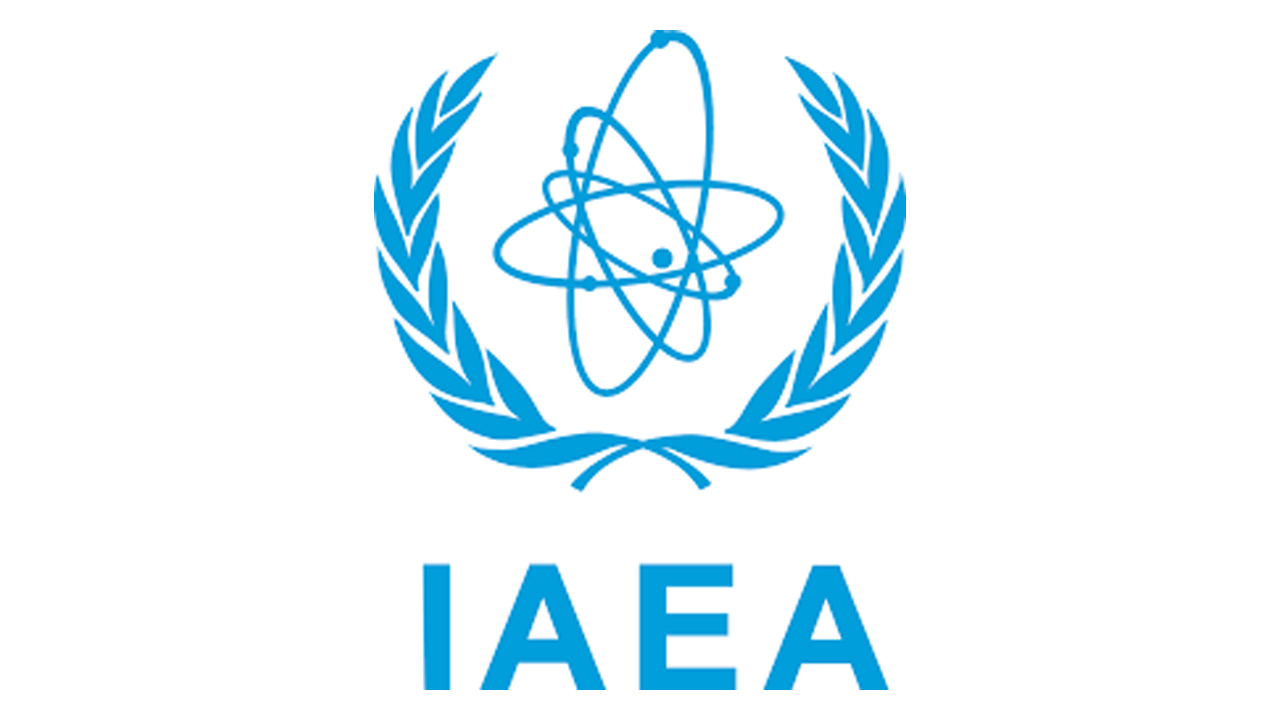Global Mayors Unite to Champion Local Nuclear Energy Benefits and Community Roles
The forum highlighted the critical role of local governments and indigenous communities in shaping the narrative around nuclear energy and influencing national and international decision-making processes.

In a groundbreaking initiative to amplify the voices of communities hosting nuclear facilities, the International Atomic Energy Agency (IAEA) convened the world’s first major global gathering of local leaders representing cities, towns, and indigenous communities where nuclear infrastructure is a daily reality. Held under the auspices of strengthening local governance, building global solidarity, and enhancing understanding of the societal role of nuclear energy, the event brought together mayors, councillors, and civil society representatives from across continents to share candid perspectives, lessons learned, and aspirations for the nuclear-powered future.
Elevating Local Voices in the Nuclear Conversation
The forum highlighted the critical role of local governments and indigenous communities in shaping the narrative around nuclear energy and influencing national and international decision-making processes. From job creation and energy security to climate goals and technological innovation, the mayors illustrated how nuclear energy serves as a transformative force at the grassroots level.
Rebecca Casper, Mayor of Idaho Falls, USA, emphasized her city’s forward-thinking approach to diversified energy generation:
“We operate our own utility using hydropower, wind, geothermal, and emerging hydrogen technologies. Now, we're planning to add micro-reactors. Our citizens support nuclear because it offers safe, reliable, carbon-free baseload energy. It’s the foundation of our long-term energy strategy.”
Zárate, Argentina: A Nuclear Town's Evolution
Marcelo Matzkin, Mayor of the Municipality of Zárate, Argentina, shared the transformative journey of Lima, once a rural town, now known as a “Nuclear City” due to the presence of two reactors and plans for a third modular reactor.
“The nuclear industry not only brings jobs and economic uplift but also challenges us to continuously upgrade infrastructure to support a growing population. It’s a balance of progress and planning.”
Europe's Nuclear Pillars: Community Engagement and Safety
From Borsele, Netherlands, Gerben Dijksterhuis—also Chair of the Group of European Municipalities with Nuclear Facilities—stressed the importance of local authorities becoming informed and proactive participants:
“Be serious stakeholders. Ask the right questions and ensure that the community’s voice is never sidelined in national nuclear dialogues.”
In Finland, Mayor Vesa Lakaniemi of Eurajoki, home to the Olkiluoto nuclear facilities, emphasized the role of transparency and trust built over five decades:
“Nuclear has brought us clean energy, jobs, business opportunities, and tax revenues. Our success is built on high safety standards, technology, and open communication.”
From East to West: Global Diversity, Shared Vision
In Rongcheng, China, Mayor Yuewen Zheng highlighted the integration of third- and fourth-generation nuclear power plants, pushing his city toward near-zero-carbon development. Beyond electricity, nuclear is also used for heating and public education to build societal trust.
“We aim to become a global nuclear demonstration hub, fostering innovation and cooperation for a sustainable future.”
Representing Russia’s Indigenous Peoples of Chukotka, Ludmila Danilova conveyed a deeply personal narrative:
“We are the People of the Northern Lights. For us, nuclear means warmth, light, and a secure future. It supports regional development and helps us maintain our traditions while progressing forward.”
India, Spain, South Africa, Belgium: Local Impacts, National Value
Mayor Ujawala Kale of Palghar, India, sees nuclear as central to the region’s clean energy future through the Tarapur Nuclear Power Plant.
In Spain, Assumpció Castellví Auví, Mayor of Vandellós i l’Hospitalet-del’Infant, described nuclear energy’s fiscal benefits:
“It provides us with substantial municipal revenue, used to fund services and local initiatives. We support plant life extensions with public engagement and safety investments.”
Kris Van Dijck, Mayor of Dessel, Belgium, and Member of the European Parliament, spoke of community-centered development:
“The nuclear sector brings employment, skills training, and prosperity—all developed with strong resident involvement and transparent dialogue.”
In Rand West City, South Africa, Mayor William Matsheke outlined nuclear’s role in reducing unemployment and boosting local economies:
“We have high unemployment. Nuclear energy facilities offer diverse employment opportunities, infrastructure investment, and education programs that make our people more informed and involved.”
A New Chapter in Nuclear Governance and Global Collaboration
The IAEA's initiative marks a shift toward inclusive nuclear policymaking, acknowledging that host communities are not just passive recipients but active contributors to the global energy transition.
By facilitating dialogue across cultures, geographies, and levels of economic development, the gathering created a space for shared learning and global solidarity—a blueprint for how the nuclear sector can evolve with community well-being at its heart.
The event affirmed that local governments are indispensable allies in meeting global climate goals, achieving energy equity, and fostering innovation. Through nuclear energy, these communities are not just powering homes—they are powering futures.
ALSO READ
Unpacking The Spanish Blackout: Challenges in the Energy Transition
Bihar Cabinet's Ambitious Job Creation Plan: Aiming for One Crore Opportunities
Fueling Change: India's Petroleum Dealers Urged to Lead Energy Transition
India's Solar Surge Sparks Landmark Energy Transition
Germany Grants €500M Loan to South Africa for Just Energy Transition Reforms










